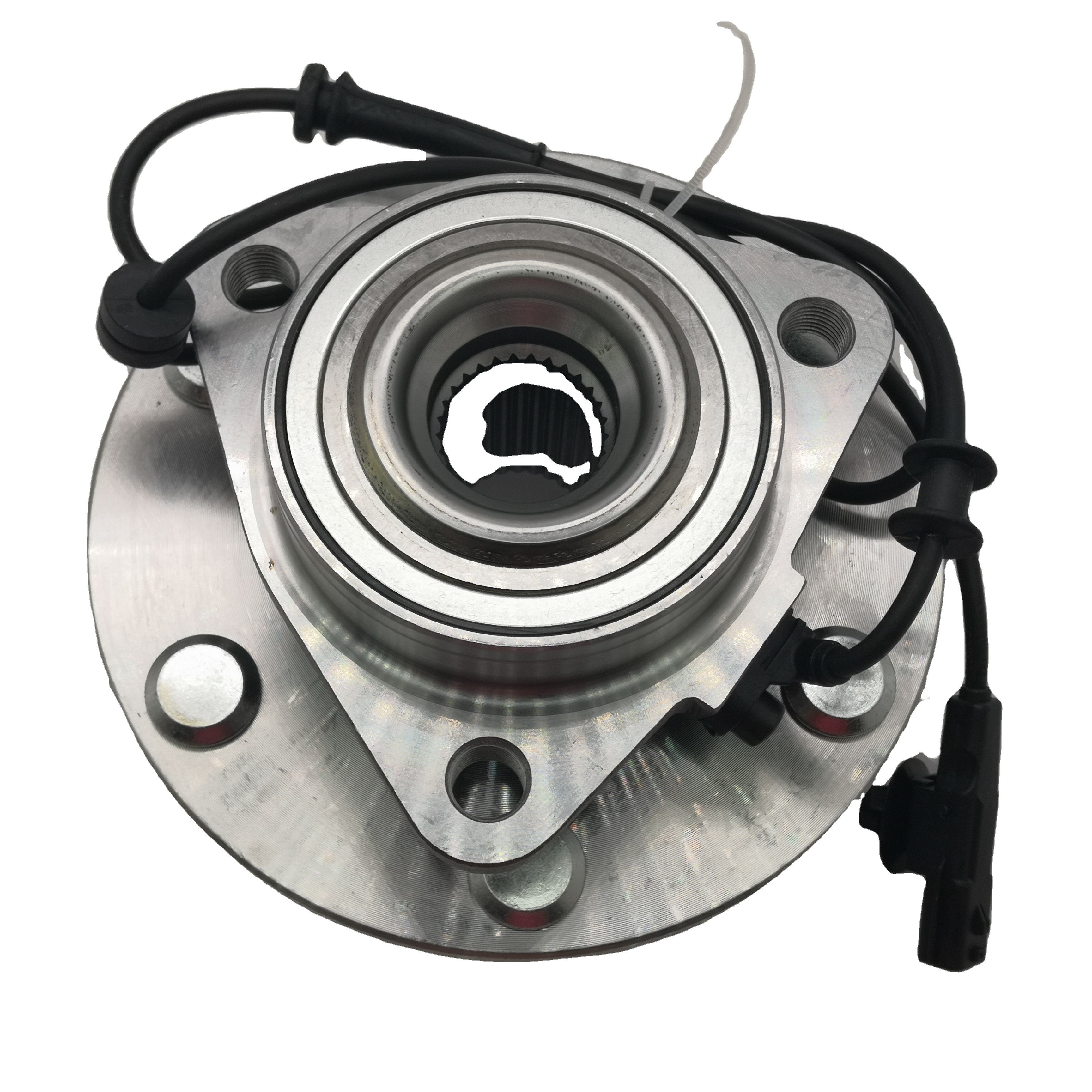Introduction
Wheel hubs are unavoidable pieces of a vehicle's wheel assembly, yet their well being is regularly overlooked until an issue emerges. Failing wheel hubs can prompt major security issues and decreased vehicle execution. Being mindful of the manifestations of wheel hub disappointment is pivotal for preventive support and ensuring a protected driving experience.
Wheel Hub Essentials
A wheel hub is the central component that associates the round with the vehicle's hub and suspension. It houses the bearings that permit the wheel to turn easily and is fundamental to the vehicle's guiding and braking frameworks. Comprehending the job of wheel hubs is the principal stage in recognizing when they may be fizzling.
Early Caution Signs of Wheel Hub Disappointment
Odd commotions are regularly the first indicators of a wheel hub issue. Grinding or grinding sounds can flag bearing wear, while snapping or clunking clamors may show a harmed or free component. Additionally, vibrations or shuddering, particularly at specific speeds or amid pivoting and braking, can demonstrate issues with the center.
Visable Indicators of Wheel Hub Issues
A physical assessment of the wheel center can uncover breaks, harm, or spills that may not be promptly obvious amid ordinary driving. Excessive development or play in the wheel, regularly felt as a shimmy, can likewise demonstrate an issue with the center or its parts.
Symptoms Related to Steering and Braking
Changes in steering capabilities or ambiguous steering feedback can signify wheel hub problems influencing the automobile's directional system. Equivalently, diminished braking productivity or inconsistent brake shoe wear may relate to issues with the wheel hub assembly.
The Impact of Environmental Factors
Severe climate circumstances, street debris, and potholes can all add to wheel hub harm. Corrosion and rust, particularly in older vehicles or those frequently subjected to moisture, can weaken wheel hubs and guide to failing.
How to Identify Wheel Hub Problems
Regular self-inspections, like visually analyzing for damage and listening for abnormal noises, can help identify potential wheel hub issues. However, for a conclusive analysis, professional diagnostic services are advised. Routine vehicle maintenance, like wheel hub checks, is crucial for stopping problems.
Preventative Measures and Maintenance Tips
Preventative measures include periodic inspections, well-timed repairs, and suitable tire upkeep. Avoiding intense driving habits, like abrupt stops and rapid acceleration, can also reduce stress on wheel hubs and lengthen their lifespan.
The Consequences of Ignoring Wheel Hub Failure
Ignoring the signs of failing wheel hubs can lead to grave accidents on the open road. Delaying repairs may burden other vehicular systems with undue wear and exacerbate harm, swelling costs beyond sensible bounds. Consistent examinations and prompt reactions to potential pitfalls are pivotal to obviating such outcomes.
Conclusion
Identifying indications of defective wheel hubs is absolutely fundamental for vehicular safety and performance. Continual vigilance for early alarms permits systematic checks and preventative servicing, thus fortifying hubs in optimum condition while reducing risks of severe mechanical troubles. Recall that the condition of one's wheel hubs is directly intertwined with the trustworthiness and security of the automobile. Conscientious upkeep is key.
Table of Contents
- Introduction
- Wheel Hub Essentials
- Early Caution Signs of Wheel Hub Disappointment
- Visable Indicators of Wheel Hub Issues
- Symptoms Related to Steering and Braking
- The Impact of Environmental Factors
- How to Identify Wheel Hub Problems
- Preventative Measures and Maintenance Tips
- The Consequences of Ignoring Wheel Hub Failure
- Conclusion
 EN
EN
 AR
AR
 FR
FR
 KO
KO
 PT
PT
 RU
RU
 ES
ES


